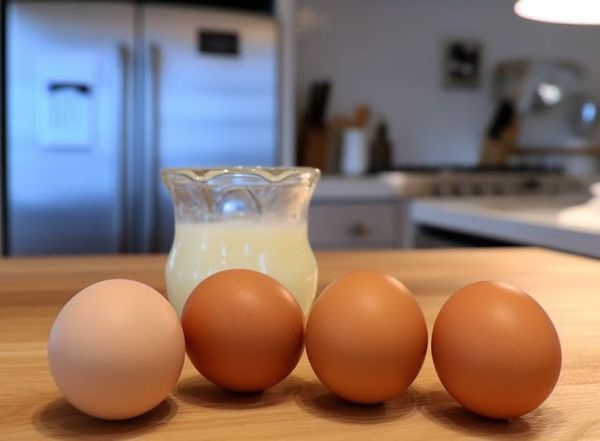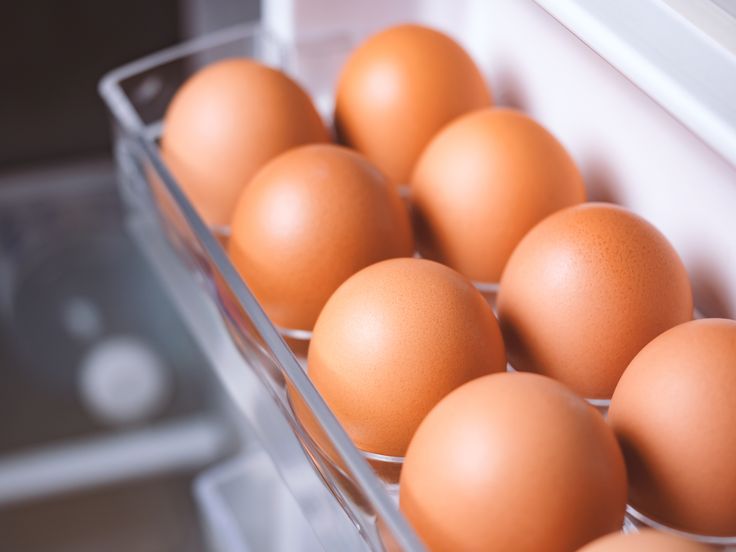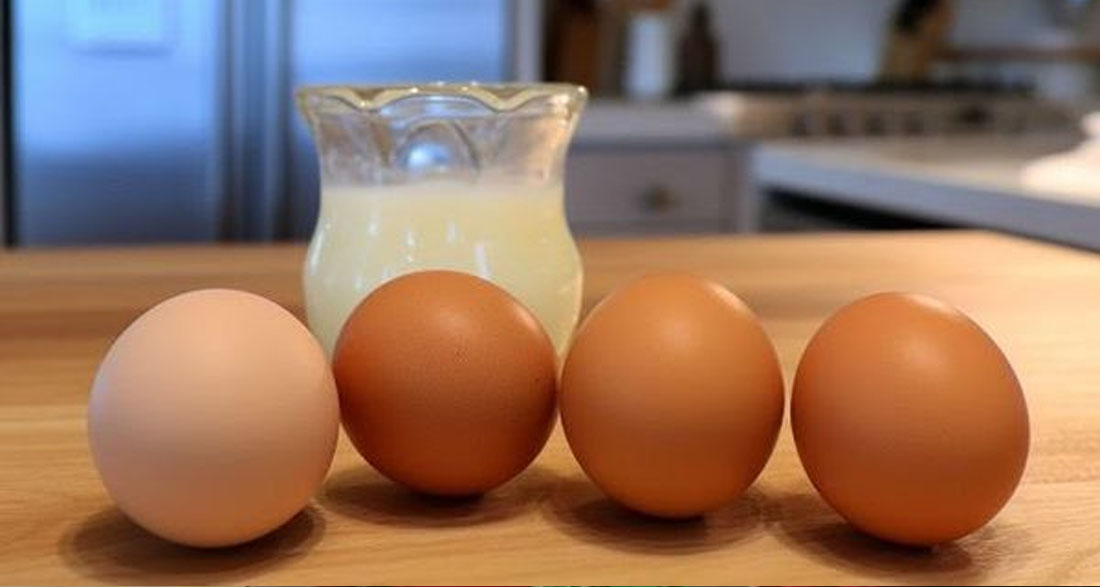The Amazing Egg: Tips to Keep Them Fresh and Tasty!
Eggs are a fantastic ingredient that can make so many delicious meals. Whether you like them fresh from the farm or picked up from the store, it’s important to store them properly so they stay fresh and safe to eat. Let’s dive into some easy tips to keep your eggs in top shape and ready for your kitchen adventures!
Keep Your Eggs Cool
To keep raw eggs fresh, always store them in the refrigerator at a temperature between 35°F and 40°F (that’s about 1.7°C to 4.4°C). This way, they will stay fresh for about 3 to 5 weeks! It’s best to keep them in their original carton because it helps protect them and keeps out any awful smells from other foods in the fridge.

A kitchen expert once said, “Storing eggs in their carton not only preserves their freshness but also keeps them safe from strong odors in the fridge.”
Hard-Boiled Eggs for Quick Meals
Are you in a hurry and need a quick meal option? Hard-boiled eggs are perfect for you! You can keep them in sealed containers in the refrigerator, and they will stay good for up to a week. Just pop them in your bag for a nutritious snack or add them to your salads.
Storing Cooked Eggs
If you’ve made a delicious scramble or an omelet, let it cool down completely before putting it away. Once it’s cool, store the cooked eggs in sealed bags or containers. This method will keep them delicious for about three to four days.
Liquid Eggs and Egg Replacements
Did you know you can find liquid eggs in cartons? If you haven’t opened them yet, they can last up to a week past their “sell-by” date. But once you open the carton, try to use them within two days for the best quality.
On the other hand, egg replacements, which many people use in baking, can last longer—about 10 to 14 days—if you keep them properly sealed and refrigerated.
Keep an Eye on Temperature

To keep your eggs safe from germs like Salmonella, always store them at temperatures below 40°F (4.4°C). If it’s warm outside, be especially careful with egg-based dishes. Remember, bacteria love warm environments, so it’s best not to leave those yummy egg meals sitting out for too long.
The Egg Freshness Test
Not sure if your eggs are still fresh? There’s an easy way to check! Try the “float test.” Fill a bowl with water and gently place the egg in it. If it sinks to the bottom, it’s fresh! If it floats, that means it’s older and might not be safe to eat. This happens because older eggs have larger air pockets that make them buoyant.
Enjoy Culinary Delights!
By following these simple tips, you can enjoy all the culinary delights that eggs provide. Remember, when stored and handled properly, eggs are a safe, tasty, and incredibly versatile ingredient in our kitchens. So go ahead—whip up some scrambled eggs, make an omelet, or bake a cake with your perfectly stored eggs!
What do you think about these egg storage tips? Have you ever had a funny experience with eggs? Share your thoughts in the comments below!

